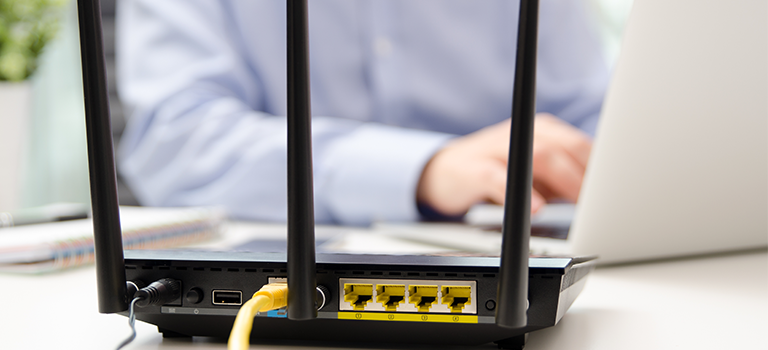Firewall safety is essential to the security of your computer. Firewalls appear in both a hardware and software format. Both formats provide a different set of benefits to the safety of a network. However, using them in conjunction with one another is the smartest route to take. This article will give a brief explanation on the differences between firewall hardware and firewall software.
Firewall Hardware
Firewall hardware is a standalone product; such as a broadband router. It allows connected computers to transfer data and access the internet. Most firewall hardware uses packet filtering to transfer data. Through this process, the firewall compares the header of the packets and determines the destination and source addresses. The firewall then compares the addresses to rules and decides to either drop or transfer based on these rules the packets.
Another method of transferring data is SPI, Stateful Packet Inspection. This is where the router determines the origin of the packet and transfers or drops it based on the computer behind the routers request. However, there is a slight downfall with the router. When information moves from connected computers, the router does not check the contents of the data. It assumes that the moving data safe and completes the transfer. Therefore, if a connected computer already has a virus it will pass it on to the other connected computers. This is where software firewalls come into play.
Firewall Software
Differing from firewall hardware, firewall software are program applications that run on a computer. They work by monitoring all open ports on a computer and checking all the information on them. Each monitored port is specifically dedicated to a program that has access to the internet. Because of this, the firewall software contains a list of applications available to access the internet on certain ports. Therefore, if the allowed application is using a specified port, the firewall software will check the contents coming in on that port and pass it through to the computer if it is accepted. If an unverified application is attempting to access information, the firewall will block all incoming/outgoing information. Additionally, it will notify the user that the program is trying to access the internet. This allows the user to determine if the application is safe to have access to the internet.
Firewall Safety is the Bare Minimum.
In the end, firewall hardware and firewall software both do the same task; they both act as barriers between the internet and the computer and they both help to protect from anything that can harm the computer from an outside connection. The minimum that one should do to protect a computer (or set of computers) is to have a hardware firewall in place. The ease of setting one up and the range of protection makes firewall hardware a very accommodating method of network-defense. Adding a firewall software can eliminate most incoming or outgoing harmful material from the internet. This creates the most ideal environment (in terms of data-security) for your PC or network of computers. Although more configurations are required with a software firewall, there is more flexibility and control for the user.
Tags: Broadband, Cybersecurity, Data, Data Security, Data Storage, Firewall, Hardware, Network, Router, Software, SPI


